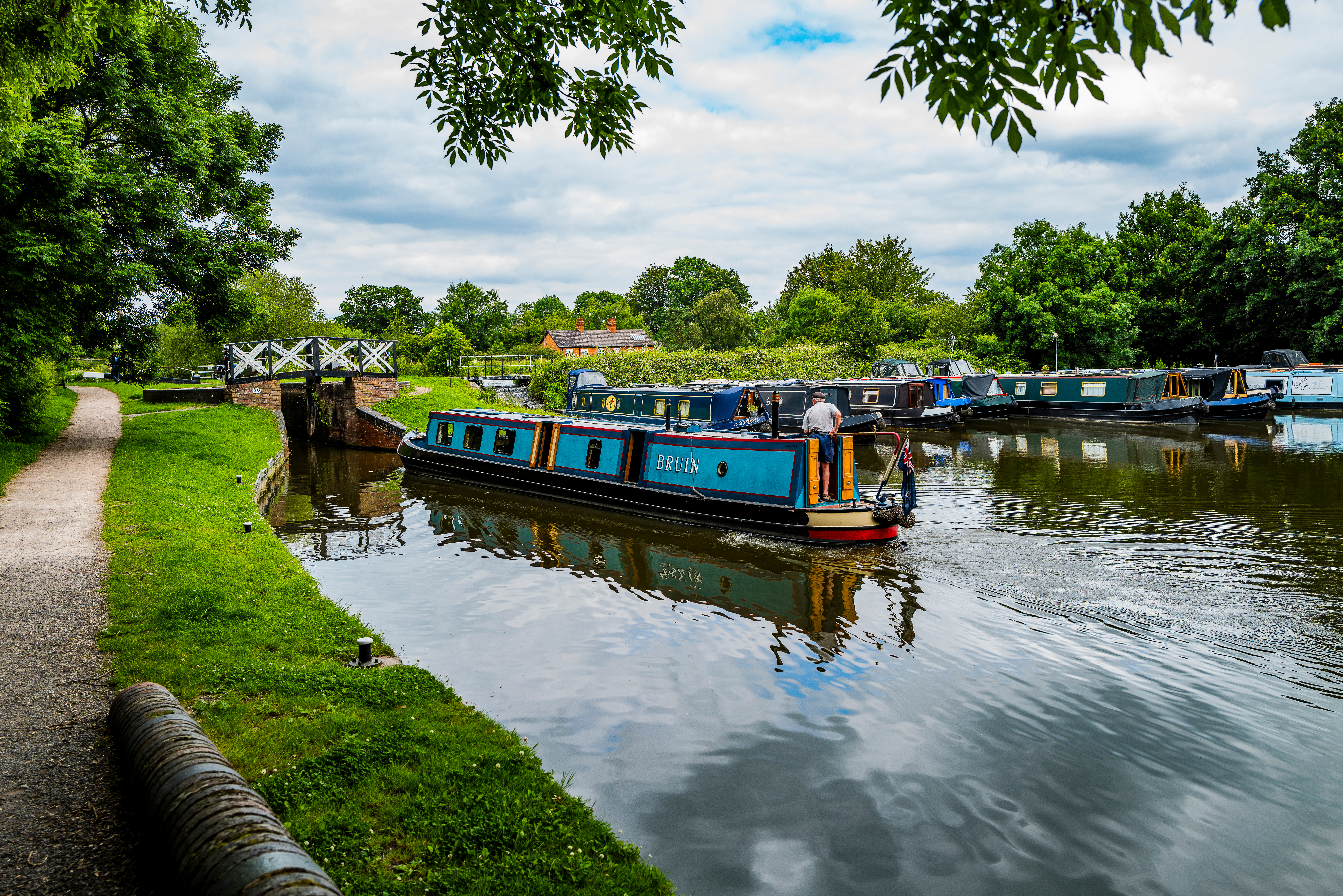
A regional logistics body has suggested that canals could be used to ship more goods around the UK, as an alternative to road, air or sea shipping.
Midlands Connect, an organisation that researches and develops transport projects in the midlands area, is expected to call for increased freight use of canals, according to The Daily Mirror.
Their upcoming Midlands Connect freight strategy, trailed in several newspapers, suggests that, where practical, there should be a modal shift to “more sustainable models”.
Canals have been used for centuries to transport goods around the UK, but have recently fallen out of favour to rail, road, and other forms of freight shipping.
Decarbonising freight
The report focuses on the more sustainable aspects of canals, particularly in regard to decarbonisation.
The report says: “Transport modes such as water freight and rail freight are more sustainable and emit less per tonne carried, particularly carbon dioxide.”
“To decarbonise freight further, modal shift needs to occur and our work needs to identify how we can deliver this.”
The strategy also highlights that canal freight is less vulnerable to congestion on roads and railways.
More canals than Venice
According to The Express and Star, Birmingham alone has 35 miles of canals – outstripping Venice – but currently only around 13% of goods are shipped by water (sea and inland waterways) in the UK, according to government figures (2020).
Richard Bradley, Midlands Connect’s head of strategy, said: "We are evolving the way goods are transferred around the region and the country.
"This isn't about taking a step back in history but using all the infrastructure we have and finding new ways and new plans to use everything we have.”
Logistics decarbonisation
News of the report comes as the Department for Transport (DfT) consults on decarbonising the domestic maritime industry, in which the government is seeking views on how to accelerate decarbonisation of shipping.
Last month, the DfT also published their follow-up to the 2021 report –“Decarbonising Transport: A Better, Greener Britain” – advocating for shifting freight to more sustainable methods of transport.
International canals
Outside the UK, canal use faces looming environmental pressures.
As reported previously by the IOE&IT’s Daily Update, droughts in Germany are affecting traffic along the River Rhine, with parts of the crucial European canal being closed off to barge traffic.
Dutch authorities have made contingency plans for dealing with the drought problem, according to English-language news site The NL Times – including making several key waterways one-way only.
Outside Europe
The BBC reports that shifting weather patterns are affecting water supply for the Panama Canal – one of the world’s most important inland waterways for freight shipping.
Another major canal – the Suez canal – has recently seen a $500m investment by Danish shipping giant Maersk.



